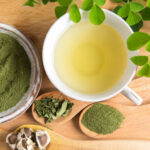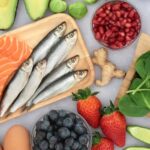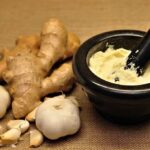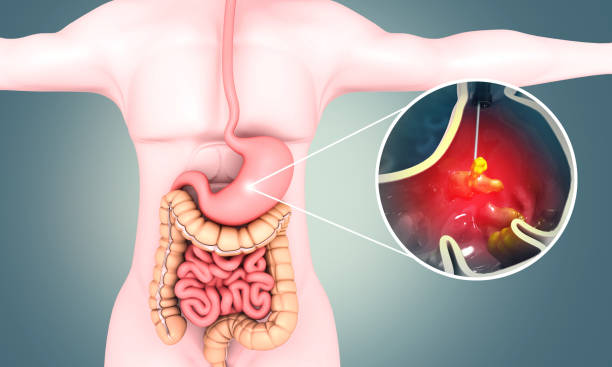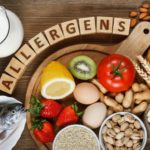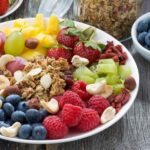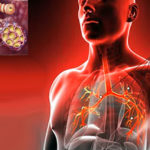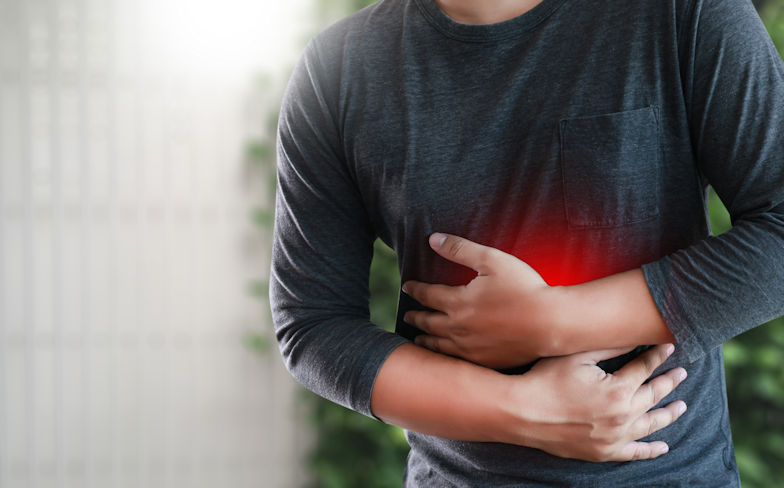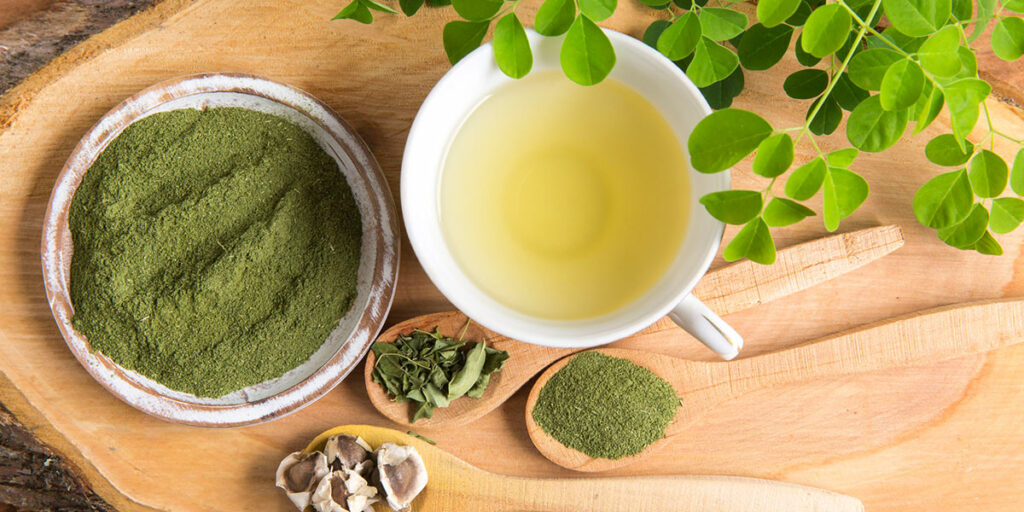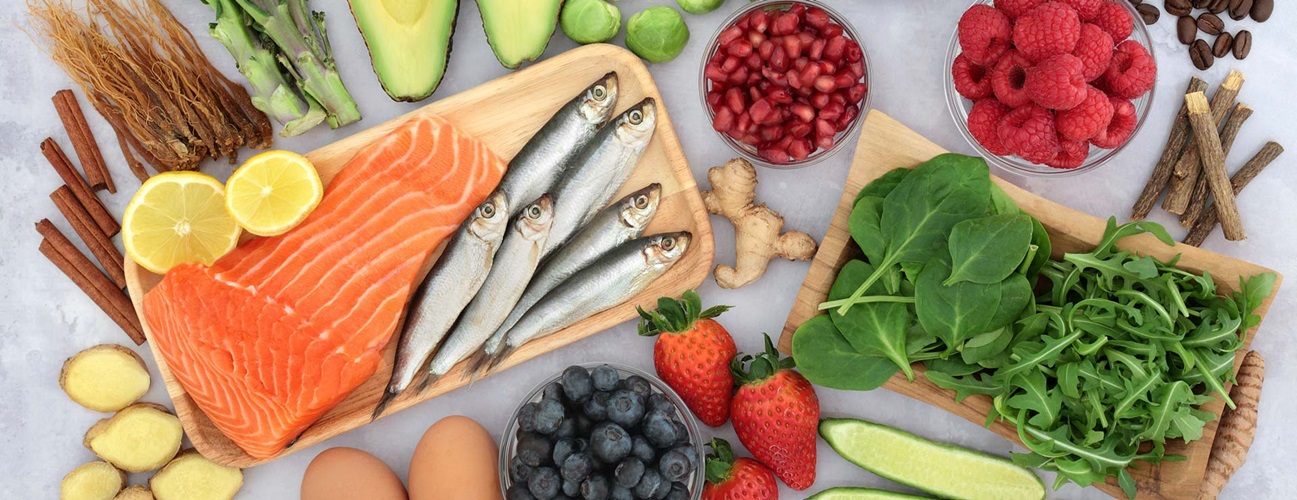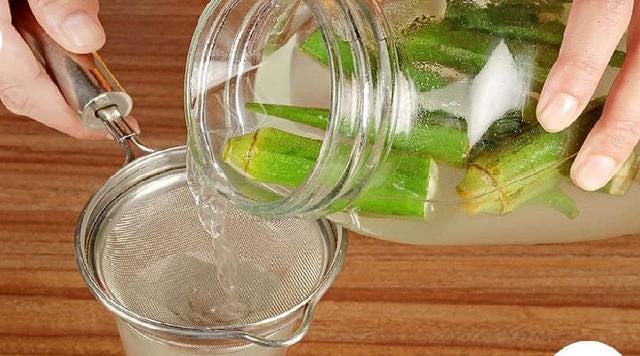Amazing Foods That Help Heal A Stomach Ulcer
Regarding foods that help heal a stomach ulcer, first, stomach ulcers, characterized by sharp, burning pain, can significantly disrupt your daily life, causing discomfort and hindering your ability to enjoy meals and engage in activities.
While they may be perceived as mere annoyances, the discomfort and pain associated with stomach ulcers can profoundly affect your overall well-being and quality of life.
Fortunately, there are effective strategies and lifestyle modifications that can help alleviate symptoms and even prevent the development of peptic ulcers.
What Triggers Stomach Ulcers?
Contrary to popular belief, stomach ulcers are not primarily caused by consuming spicy foods or experiencing stress, although these factors can exacerbate the symptoms of an existing peptic ulcer. The most common culprit behind the development of stomach ulcers is an infection with a bacterium known as Helicobacter pylori, or H. pylori for short.
In addition to bacterial infections, the prolonged use of certain medications, such as aspirin and non-steroidal anti-inflammatory drugs (NSAIDs) like ibuprofen and Aleve, can also contribute to the development of ulcers in the stomach area.
While these medications are commonly used for treating peptic ulcers and managing pain, it’s essential to exercise caution and use them judiciously. Over-the-counter drugs should be taken sparingly, and it’s always advisable to consult with a healthcare professional to explore alternative pain management strategies and minimize the risk of complications.
The Role of Diet in Managing Stomach Ulcers
When it comes to managing and healing stomach ulcers, making dietary modifications can be one of the most impactful interventions. Adopting a gut-friendly diet can play a crucial role in alleviating symptoms, promoting healing, and enhancing digestive health.
By focusing on consuming foods that are gentle on the stomach, rich in nutrients, and low in potential irritants, individuals can support their digestive system’s natural healing process and expedite recovery from peptic ulcer disease.
By addressing the question, “What is the fastest way to cure a stomach ulcer?”, this article aims to provide individuals with practical and actionable advice on incorporating healing foods into their daily diet, thereby empowering them to take control of their digestive health and improve their overall well-being.
While stomach ulcers can be painful and disruptive, adopting a holistic approach that combines medical guidance, lifestyle modifications, and dietary changes can significantly alleviate symptoms, support healing, and enhance the quality of life for individuals affected by peptic ulcers.

A graduate of Computer Science and Information Management Technology. Diploma – Caregiving, Certificates – Dementia and Diabetes Awareness and Management. A researcher, blogger, songwriter, singer and acoustic guitarist. Born in an environment where natural talents such as healing are imparted at our natural birth. This natural talents of healing is the result of our genetic inheritance and the training from family environment.


